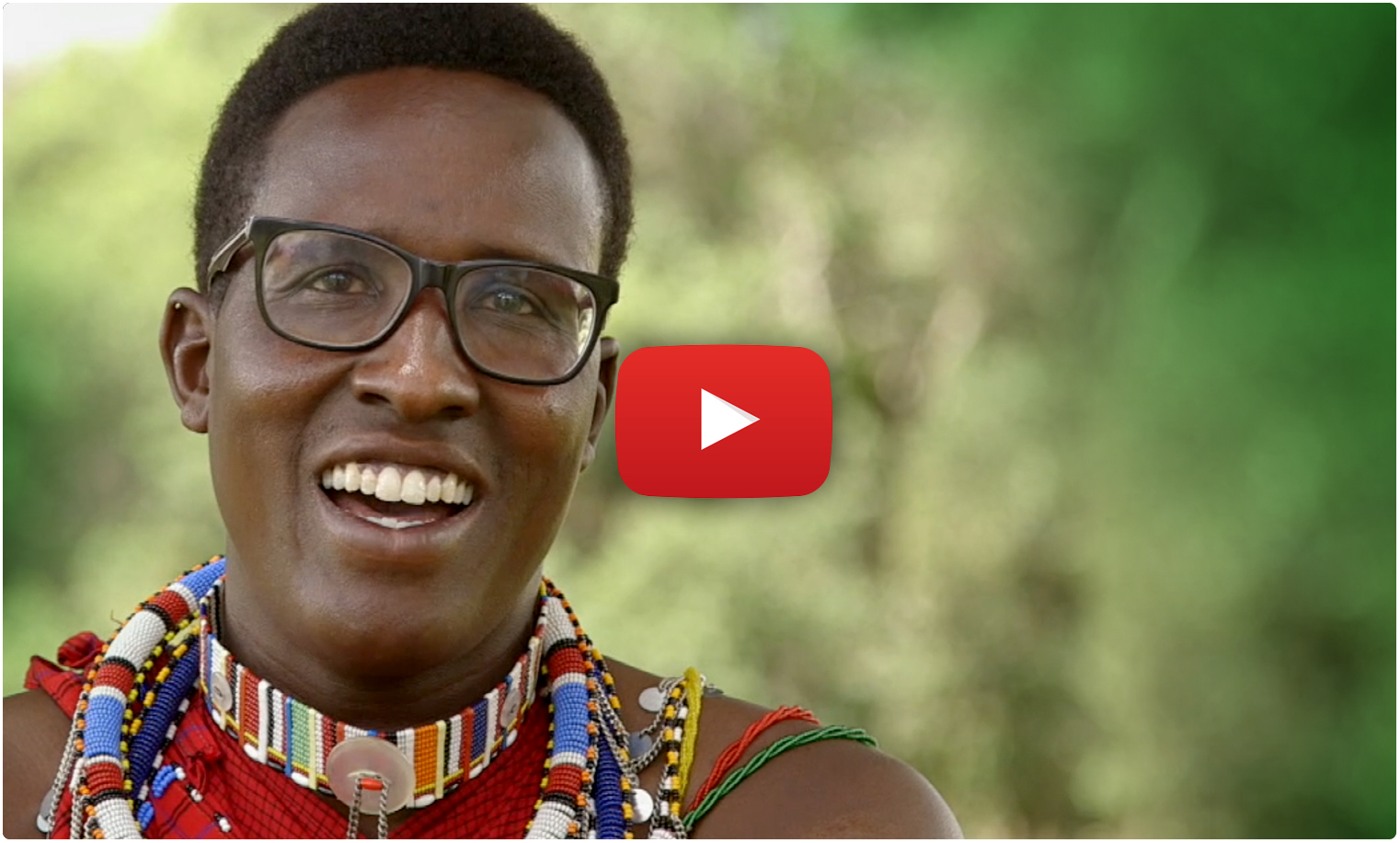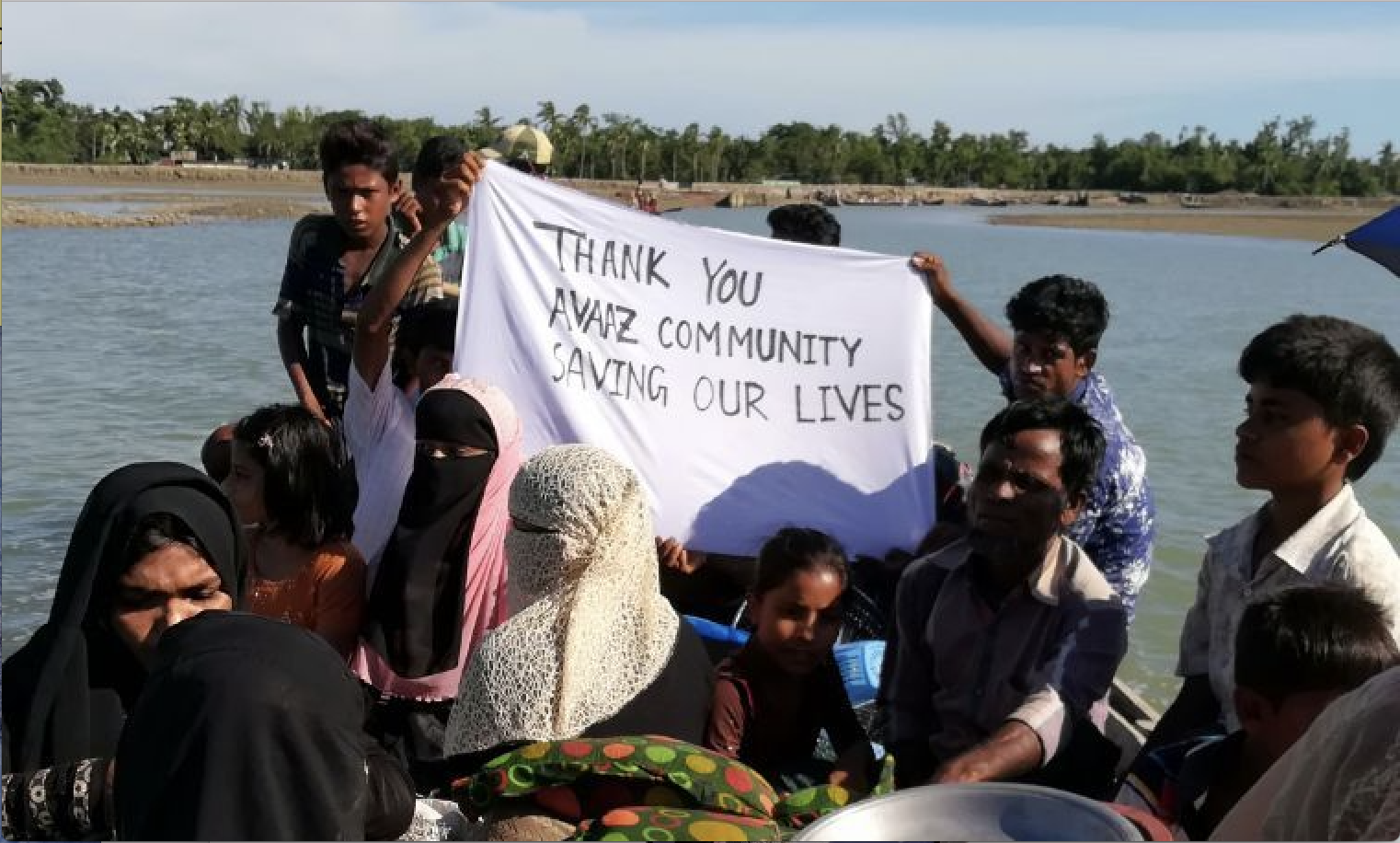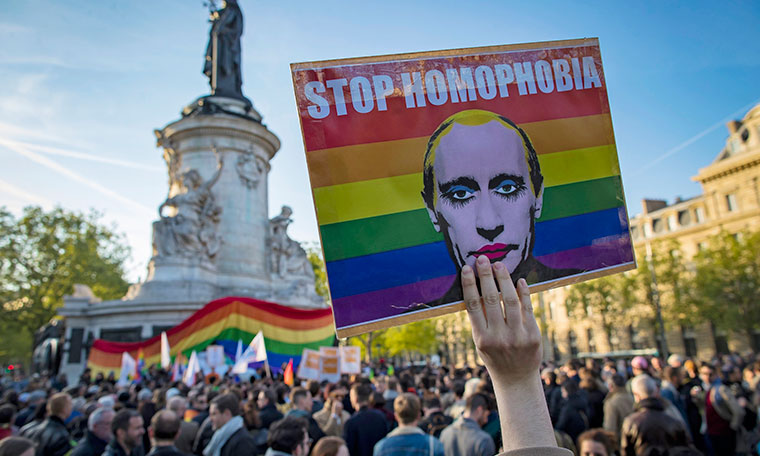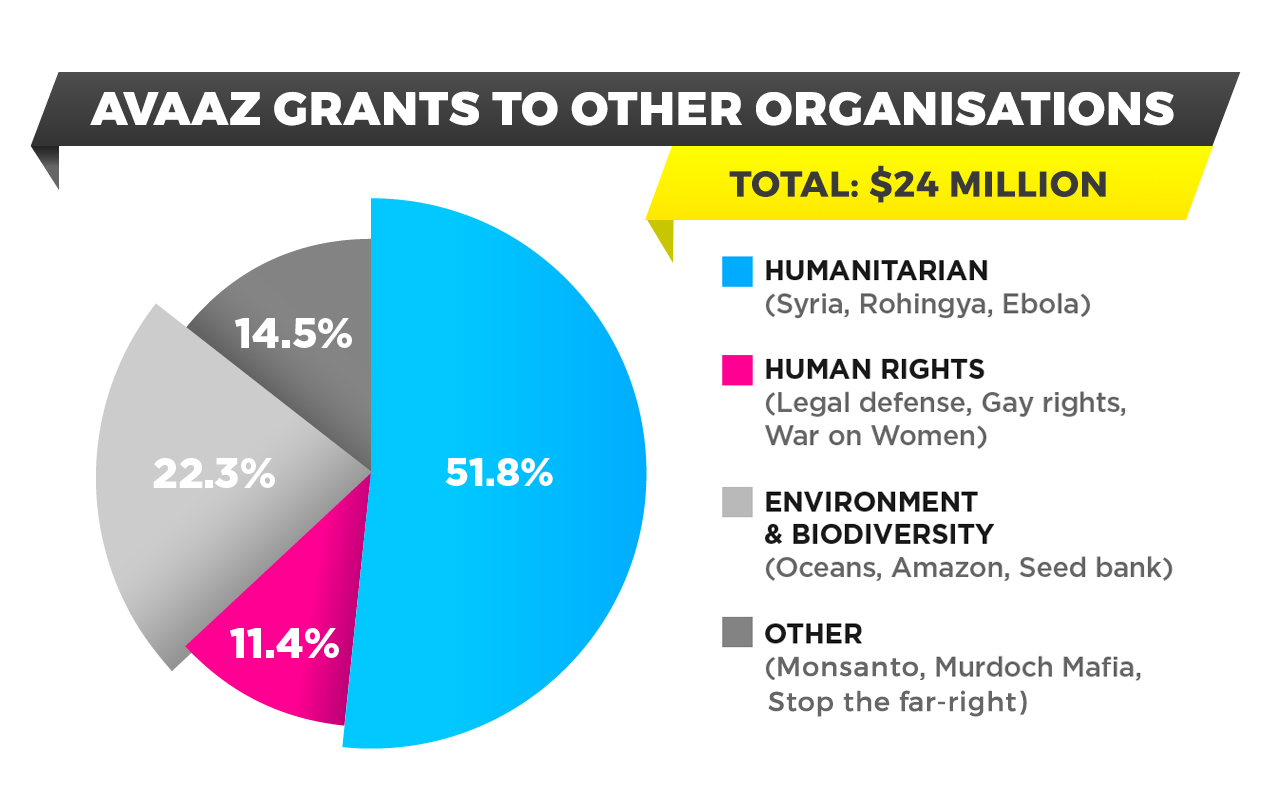Czech President Zeman backs construction of Nord Stream-2 gas pipeline
Czech President Milos Zeman says his country supports the construction of the Nord Stream-2 gas pipeline, TASS reports. “I am glad that the Czech Republic has its own stance [on the issue] and protects its own interests,” Zeman told Prague’s Barrandov TV channel, which was broadcast late on Thursday. The Czech leader, who is on an official visit to Russia, added that the decision to support the Nord Stream-2 project was taken on the basis of recommendations by the Czech Industry and Trade Ministry. The pipeline, which is expected to come into service at the end of 2019, is set to run from the Russian coast along the Baltic Sea bed to the German shore.
We ran sophisticated election campaigns
|
Russia successfully tests anti-ballistic missile
Russian Air Force has successfully tested an upgraded version of its missile defense system, firing off a modernized anti-ballistic missile from a testing facility in Kazakhstan. The test was caught on film.
The missile was test-fired on Thursday from the Sary Shagan testing range located in the steppe of Kazakhstan, the Russian Defense Ministry said in a statement.
5.6 magnitude quake hits off Japanese coast
A 5.6 magnitude earthquake struck in the Philippine Sea near the Japanese islands of Ryukyu, the US Geological Survey (USGS) has said. The epicenter of the quake was located 156 km northeast of the city of Naze at a depth of 10 km. The quake did not warrant a tsunami alert, the USGS said.
Lithuanian parliament Russians to its ‘Magnitsky list’
The parliament of Lithuania, or the Seimas, has overwhelmingly adopted a resolution adding the names of 44 Russian citizens to its version of the ‘Magnitsky List.’ The Lithuanian Seimas, on November 16, unanimously adopted a bill similar to the US Magnitsky Act, which imposes sanctions on Russian officials. The officials named in the Lithuanian act include Alexandr Bastrykin, the former Chairman of The Investigative Committee of the Prosecutor General’s Office, along with judges Elena Stashina, Alexey Krivoruchko and Svetlana Ukhnaleva. 83 MPs voted for the new resolution, and only one abstained.
A World of Three Zeros: The New Economics of Zero Poverty, Zero Unemployment, Zero Net Carbon
Brookings India organised a private discussion with Muhammad Yunus on his new book A World of Three Zeros: The New Economics of Zero Poverty, Zero Unemployment, Zero Net Carbon Emissions, chaired by Brookings India Chairman Vikram Singh Mehta.
Muhammad Yunus is a Bangladeshi social entrepreneur, banker, economist, and civil society leader who was awarded the Nobel Peace Prize for founding the Grameen Bank and pioneering the concepts of microcredit and microfinance. Yunus chairs the Yunus Centre in Dhaka, Bangladesh, a think tank for issues related to social business, working in the field of poverty alleviation and sustainability. The Yunus Centre focusses especially on social business.
In his new book, Muhammad Yunus offers his vision of an emerging new economic system that can save humankind and the planet. In the book Yunus declares it’s time to admit that the capitalist engine is broken, that in its current form it inevitably leads to rampant inequality, massive unemployment, and environmental destruction. A new economic system is needed that will unleash altruism as a creative force just as powerful as self-interest.
Key takeaways from the discussion were:
- Innovations in technology can have an impact in reducing inequality, however, innovators sometimes fail to grasp the total impact of their innovations leading to inequality. For example, Artificial Intelligence can make healthcare more affordable, but is instead being used to replace jobs.
- Businesses need not all be about making money, but also provide solutions to people’s problems. There is an increasing number of businesses interested in the development of social businesses.
- Innovations such as cryptocurrency and community finance have the possibility of helping unemployed youth identify new endeavours.
- Poverty is created by deficiencies in the system and not by the poor.










Comments